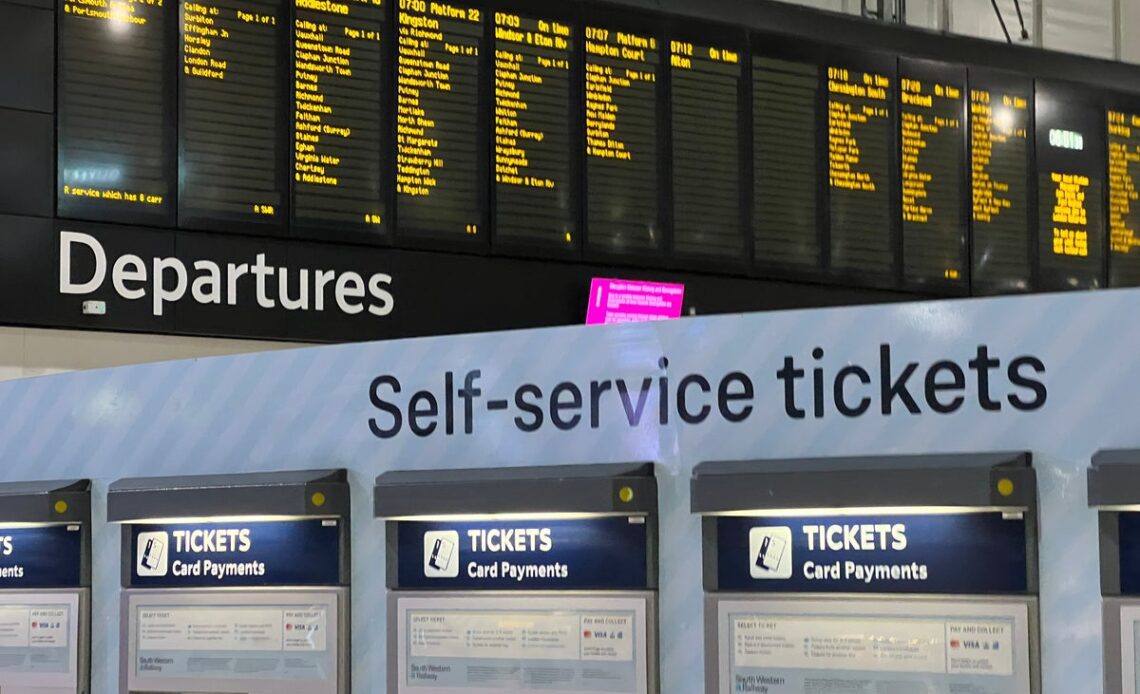As train operators prepare to close ticket offices in the vast majority of staffed stations in England, a leading rail figure has weighed in to the debate.
Mark Smith, the international rail guru who runs The Man in Seat 61 website, says the closures should not be carried out before the ground is prepared – with fares reform essential.
He also predicts that jobs will be lost after ticket offices close.
In a Twitter thread, Mr Smith picks up from the exclusive article in The Independent which revealed how the plans will unfold. Train operators aim to close most ticket offices with staff redeployed to wider roles at stations.
The aim is that they will be able to help passengers buy the right ticket from station vending machines (TVMs). But the rail expert says the current fares system is so complex that it needs to be reformed ahead of changes.
“Personally, I wouldn’t touch ticket office hours before major fares reform made buying on TVMs and online simple enough to understand,” he writes.
Mr Smith also says that improvements to online sales and ticket machines should have been “done first, not promised for later”.
He writes: “Ticket machine capability varies enormously. Some can do journey planning, reservations and any origin/destination, some can only sell tickets from the station you’re at.
“There are certain things – refunds, priv tickets [discounted fares for rail staff], rail vouchers, reservations – that currently need to be done at a ticket office, but which could be done online if a system was implemented.”
Before the flourishing Seat61.com website – which provides advice on the complexities of international rail travel – Mr Smith worked at the Department for Transport (DfT) managing the fares and ticketing team.
“There’s already a line between when it’s worth opening a ticket office and when it’s not,” he writes. “Eighty-three per cent of stations are already unstaffed some or all of the time.
“That line can and has moved over time, indeed pre-2007 it was my job at DfT to manage that process. But strangely, the line hasn’t moved much since 1995. Meanwhile, the proportion of tickets bought at ticket offices has fallen to just 12 per cent.”
Before the closures can be implemented, the public must be given three weeks in which to object – followed by a two-week assessment by the passenger…
Click Here to Read the Full Original Article at The Independent Travel…
